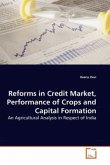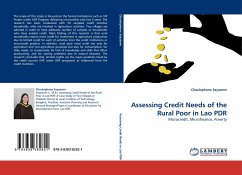Act 34 of 2005 came into full operation on 1 June 2007. It was designed to consolidate an otherwise fragmented yet outdated consumer credit legislation in order to achieve functional consumer protection by enforcing exhaustive disclosure; prevention of reckless lending and overindebtedness; creation of a dedicated regulator and new channels of debt rehabilitation. During the consideration of the credit Bill in the Portfolio Committee, submissions on the draft legislation were an exercise in the protection of turf in terms of the conflicting interests of consumers and lenders. Unlike lenders, consumers won major concessions which motivated the conclusion that the NCA was a victory for stakeholders favouring heavy regulation and a defeat for lenders. Lenders however, were not completely left to their own instruments as; encouraging fulfillment of financial obligations and discouraging contractual defaults by consumers were important policy objectives of the Act. This work is a case-study of the state regulating firms to protect consumers and is based on information available in public record particularly debates and hearings in the Portfolio Committee.








